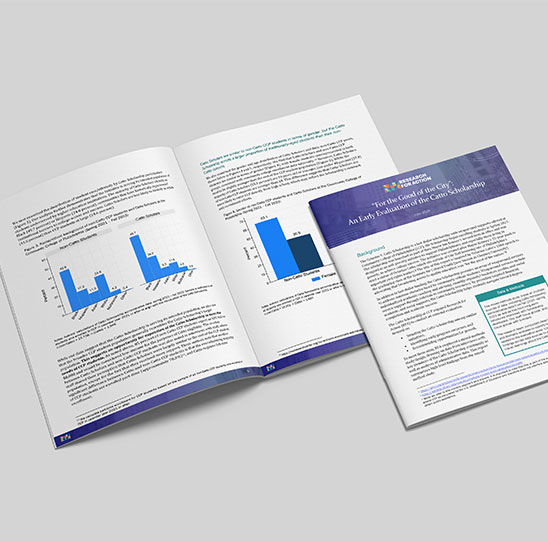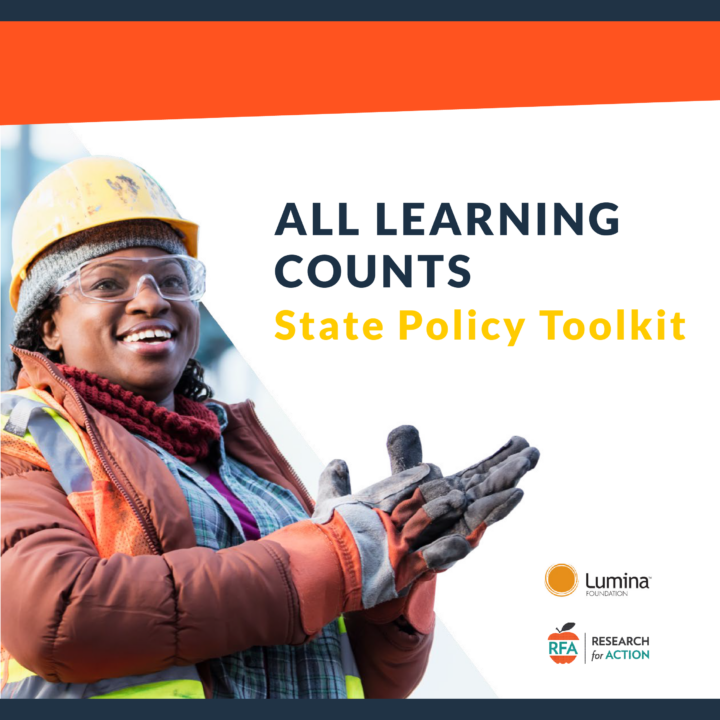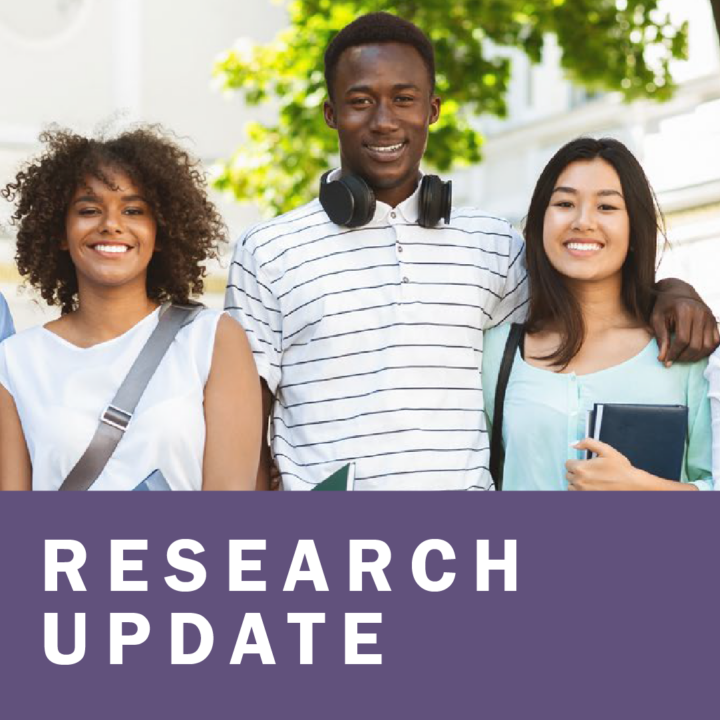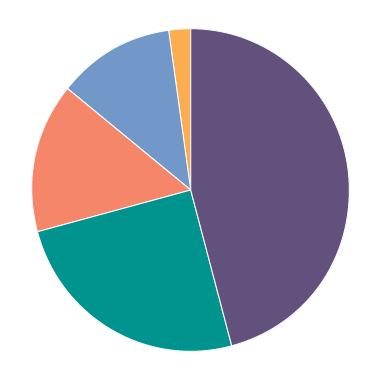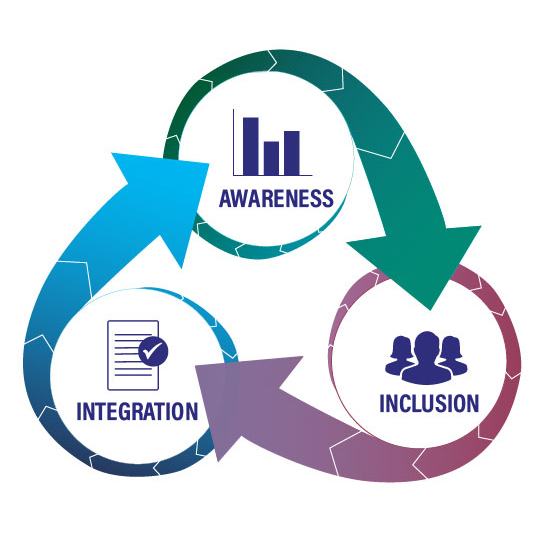State-level postsecondary policymaking is daunting. Policymakers navigate through myriad fiscal, political, and ideological constraints and opportunities as they strive to address pressing state concerns or goals. While researchers and advocates may point to “perfect” policy models, in reality perfect policy does not exist. All policymaking involves tradeoffs between what is optimal and what is possible. The job of state policymakers, therefore, is to design and implement policy that can best advance the interests of a state and its residents given the constraints under which they operate.
Decisions about each of the five components in our Statewide College Promise Framework have implications for a program’s potential to address equity gaps in affordability, access, and success. As we identify the tradeoffs for each component of the Framework, we also highlight how these decisions can advance or limit equity for a wide range of traditionally underserved students.

